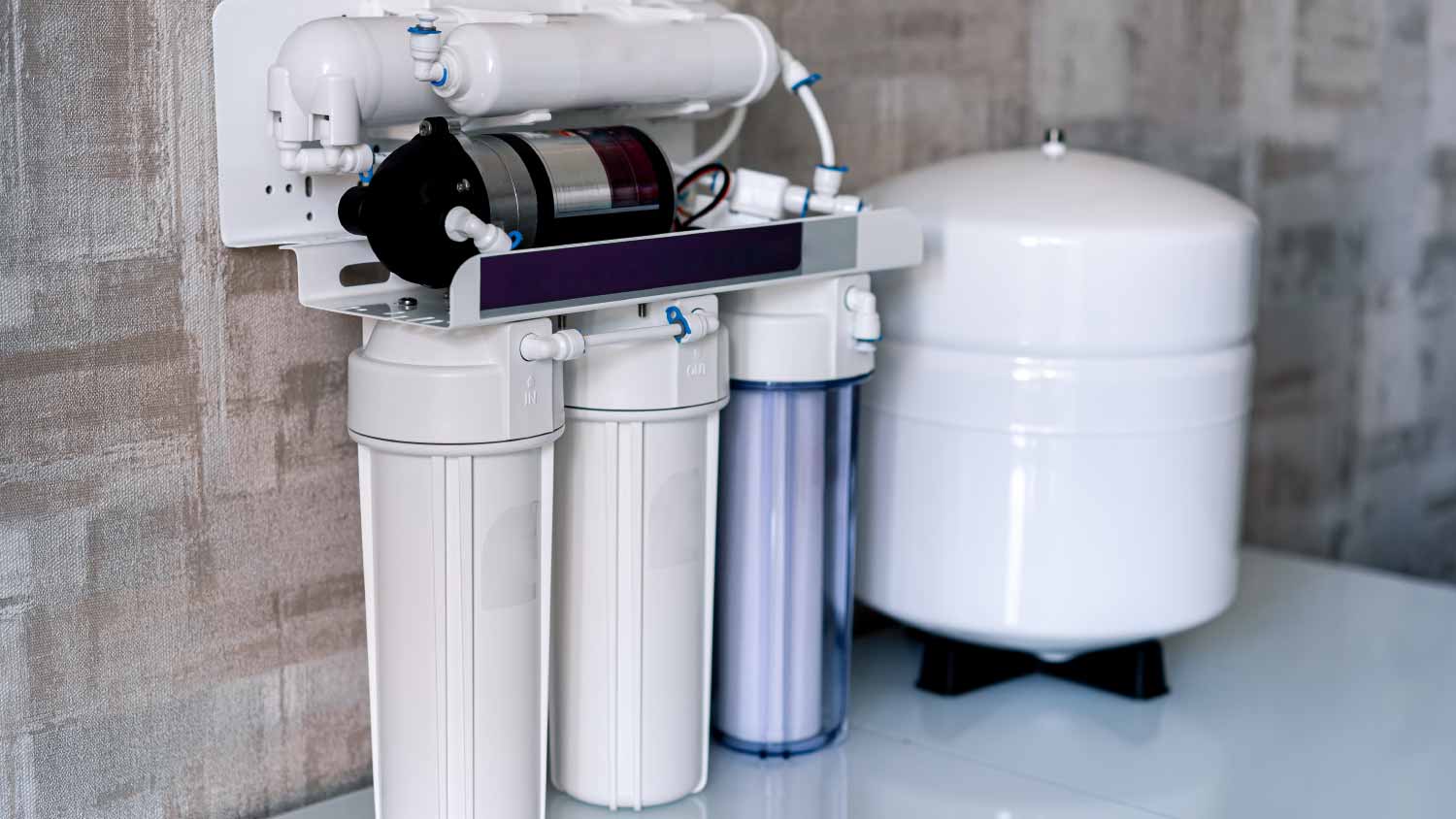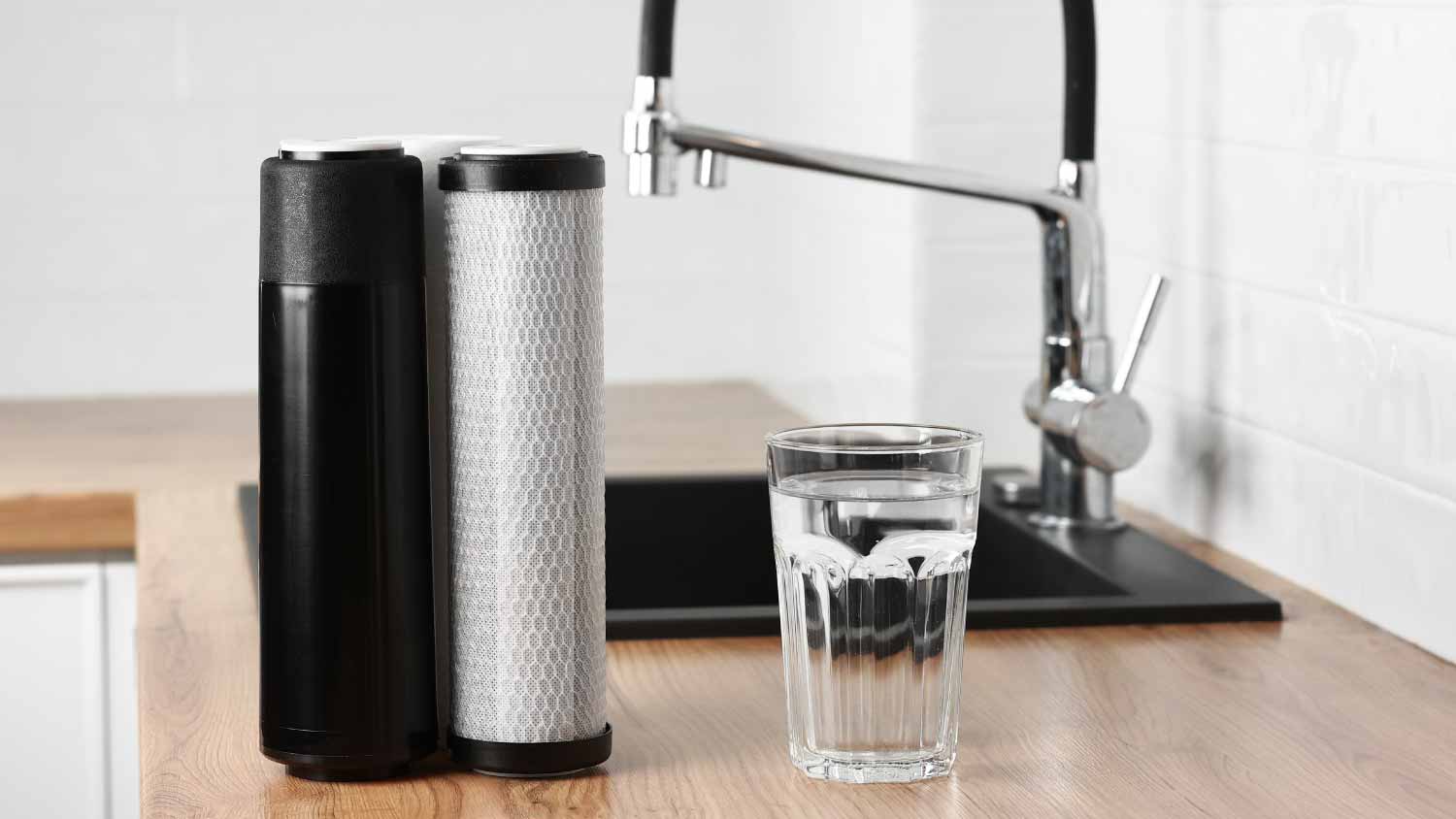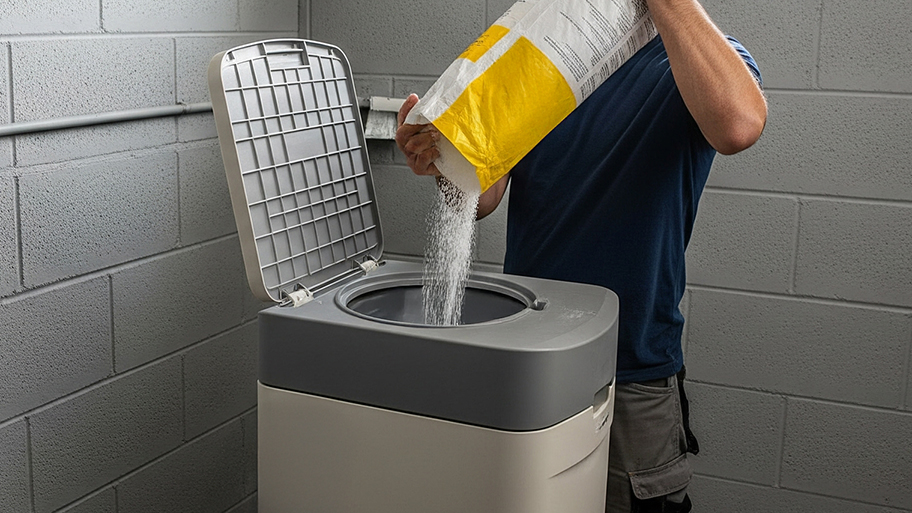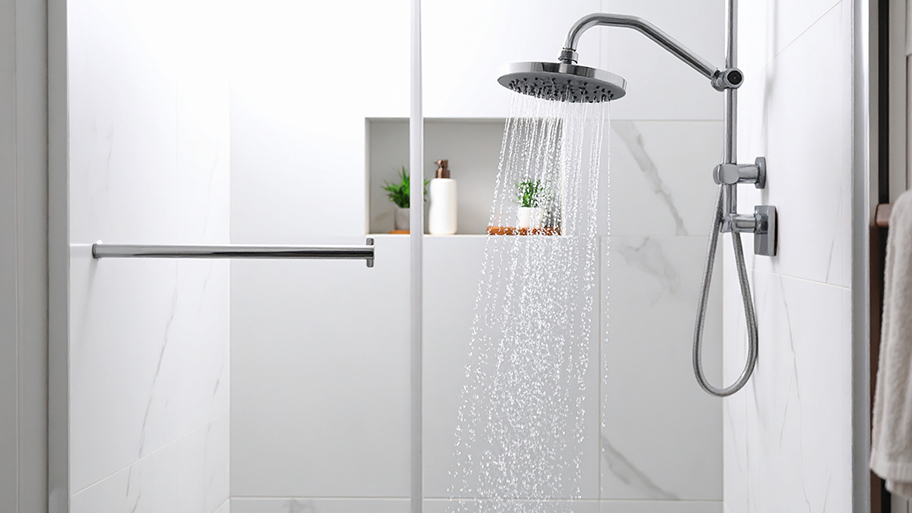
Wondering about water treatment system costs? Learn average prices, key cost factors, and ways to save on installation and maintenance for your home.
Drink in the benefits of clean water solutions


Water filters remove many impurities and contaminants, but not viruses.
Water purifiers offer a more comprehensive level of protection by removing viruses.
Water filters are more affordable and easier to install without professional help.
Water purifiers require less frequent maintenance but are less customizable.
When it comes to ensuring clean, safe drinking water in your home, the debate often centers around two primary options: water filters versus water purifiers. Both have their unique advantages and are designed to tackle different types of contaminants. Understanding the differences between these two options can help you make an informed decision that best suits your household's water needs.
Water filters and water purifiers are both designed to improve the quality of your drinking water, but they do so in different ways. Water filters primarily remove impurities and contaminants, such as sediments, chlorine, and bacteria, from water. On the other hand, water purifiers go a step further by eliminating viruses and other harmful microorganisms that water filters might miss. In essence, while both improve water quality, purifiers provide a more comprehensive level of protection.
Look for an NSF rating on your water treatment device. These ratings come from the National Sanitation Foundation and give you more detail about what a product does. An NSF seal also means that the product has been tested and certified safe with proper use.

A water filter is a device that removes impurities from water by means of a physical barrier, chemical process, or biological process. Filters are designed to reduce the presence of contaminants like chlorine, lead, bacteria, and sediments.
| Pros | Cons |
|---|---|
| Easy installation | No virus removal |
| Affordable options | Misses some chemicals |
| Removes sediments | Regular maintenance |
Best for:
Smaller households
Apartment homes
Budget-conscious buyers
Households with lighter water use
Water filters offer several advantages that make them a popular choice for many households. One of the primary benefits is their ease of installation. Many water filters can be installed without professional help, making them an excellent option for renters or those who prefer DIY solutions.
In addition, water filters are more affordable than purifiers, with options like filter pitchers and faucet-mounted filters being very budget-friendly. They’re also effective at reducing chlorine and sediments, which not only improves the taste and smell of your water but also makes it safer to drink.
However, water filters also have their drawbacks. One of the main limitations is that they’re not as effective at removing viruses and some other harmful substances from water. This means that while they can significantly improve water quality, they might not provide complete protection against all contaminants.
Furthermore, water filters require regular maintenance, such as replacing the filter cartridges every few months, which can be an inconvenient ongoing expense.

A water purifier, on the other hand, uses a combination of technologies such as ultraviolet (UV) light, reverse osmosis (RO), or advanced filtration to remove a broader range of contaminants. This includes the removal of bacteria, viruses, and chemicals that filters might miss.
| Pros | Cons |
|---|---|
| Removes viruses | Higher cost |
| Complete cleaning | Complex installation |
| Long-lasting | Requires electricity |
Best for:
Larger households
Homes with high water usage
Areas with water contamination concerns
Those looking for whole-house solutions
Water purifiers are designed to provide a higher level of water safety and quality. They effectively remove a wide range of contaminants, including viruses, bacteria, and harmful chemicals, ensuring that the water you drink is as safe as possible. This comprehensive cleaning process makes them an excellent choice for families with young children, older adults, or anyone with a compromised immune system.
Additionally, many water purification systems are designed to be long-lasting, with components that you only need to replace every few years, reducing the frequency and cost of maintenance.
Despite their benefits, water purifiers do come with some disadvantages, the biggest being that they tend to be more expensive upfront due to the advanced technology they use. The installation process is also more complex, meaning you’ll have to hire a local water treatment installation company, which adds to the initial cost.
Finally, most water purifiers require electricity to operate, which can increase your utility bills. This makes them less suitable for areas with unreliable power supply or for those looking for a more budget-friendly solution.
Nearly 4 in 10 homeowners—about 36%, according to Angi customers—have experienced unusual tastes or odors in their home’s water. Whether it’s a rotten egg smell, a chemical-like odor, or a metallic or salty taste, these issues can signal plumbing corrosion, bacteria, or other water quality problems. It’s best not to ignore them—bringing in a professional can help pinpoint the cause and keep your water safe.
Understanding the specific benefits and limitations of both water filters and water purifiers is crucial in making the right choice for your household. Each option has its unique advantages, and the best choice depends on your specific needs, budget, and water quality concerns.
Water filters are effective at removing many contaminants, including chlorine, sediments, and bacteria. However, they are not capable of removing viruses, which can still pose a risk to your health. Water purifiers, on the other hand, use technologies like UV light and reverse osmosis to eliminate a broader spectrum of harmful substances, providing a higher level of water safety.
Water filters offer a higher degree of customizability compared to water purifiers. You can choose from a variety of water filter types and methods, such as filter pitchers, faucet-mounted filters, and under-sink filters. This allows you to target specific water sources within your home. Water purifiers, however, are often designed for whole-house applications, limiting your options for more localized solutions.
Cost is a significant factor for many people when choosing between water filters and water purifiers. Water filtration systems tend to be more affordable, with simple devices like filter pitchers and faucet filters available at a low cost. Water purification systems, due to their advanced technology and comprehensive cleaning capabilities, are more expensive both in terms of initial purchase and installation.
Water filters need more frequent maintenance, with filter replacements required every few months. Water purifiers, while also requiring regular maintenance, tend to have longer-lasting components. For instance, UV lamps and reverse osmosis membranes may only need replacement every one to five years, depending on the system and usage.
When it comes to DIY installation and maintenance, water filters are more user-friendly. You can install many filter systems, such as pitchers and faucet filters, on your own with minimal tools and expertise. In contrast, water purification systems require professional installation due to their complexity and the need to connect to your home’s main water supply line. This often involves pipe cutting and soldering, so it’s best to consult with a local water softener installation company.
From average costs to expert advice, get all the answers you need to get your job done.

Wondering about water treatment system costs? Learn average prices, key cost factors, and ways to save on installation and maintenance for your home.

How much a water softener costs depends on your home’s size, and the system’s type and capacity. Our expert guide explores all the price factors.

Water softener repair costs can add up, but they’re almost always worthwhile. Use this guide to see what your project is going to cost before you get started.

Discover how to choose a water softener with tips from our expert guide. Ensure your home has clean, soft water with the right system for your needs.

Removing a water softener for repair or replacement requires a few tools but a lot of skill. Learn how to remove a water softener like a pro with this guide.

Having an issue with your water softener? Learn the parts of a water softener and how they work together to treat hard water with this guide.